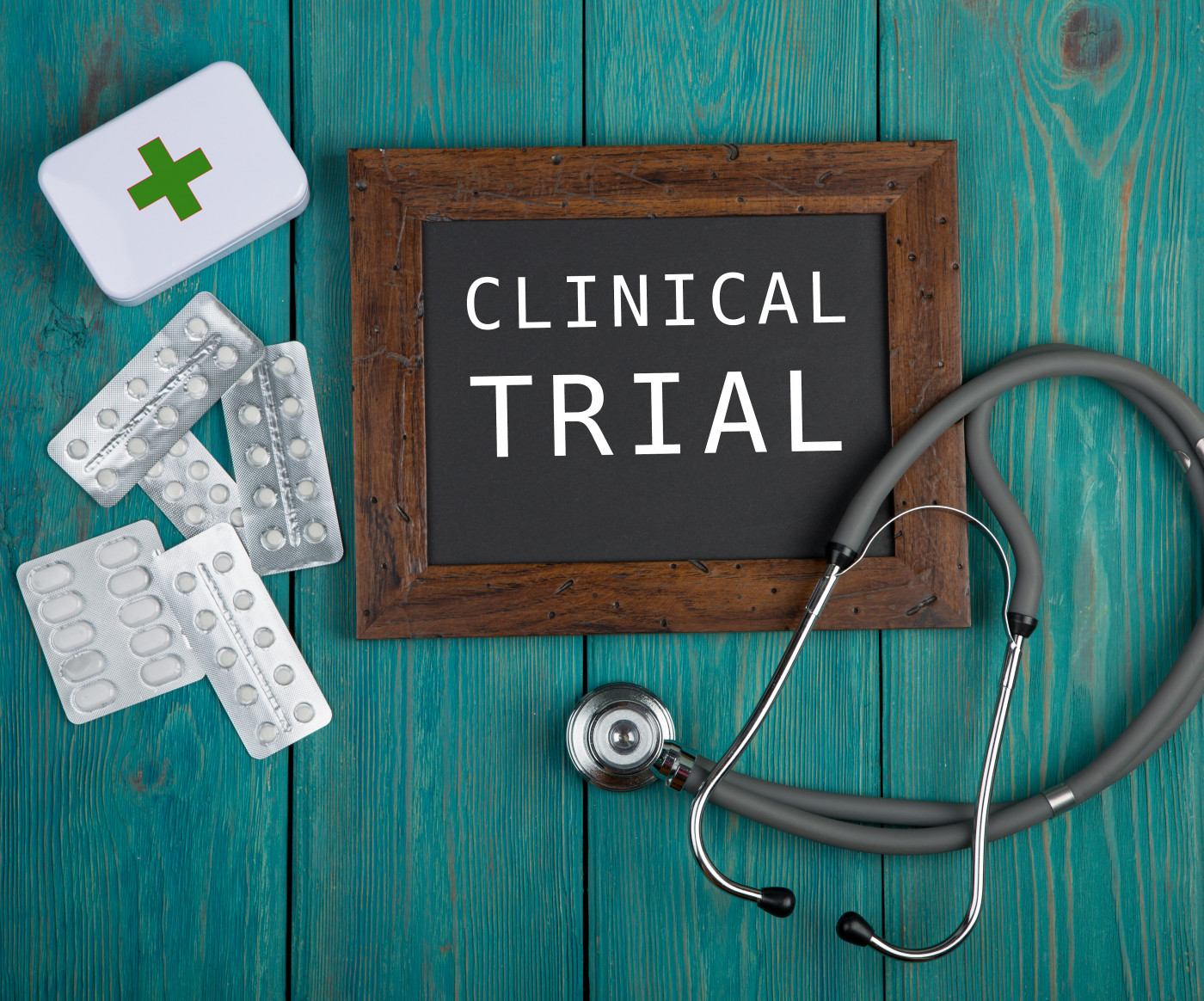Phase 2 Trial of Olinciguat, Oral Sickle Cell Therapy, Completely Enrolled
Written by |

The Phase 2 STRONG-SCD trial evaluating olinciguat as a potential oral therapy for sickle cell disease is completely enrolled, Cyclerion Therapeutics said.
Seventy patients with stable disease were recruited, and topline results are expected between July and September. The company is not expecting the supply of olinciguat needed for STRONG-SCD to be affected by the COVID-19 pandemic, although other limitations to the study are possible.
“We are excited to have closed enrollment for our SCD-STRONG study. We look forward to the top line results in Q3 2020 and to making a data-driven decision regarding advancement to the next phases of development,” Chris Wright, chief medical officer of Cyclerion, an independent spin-off of Ironwood Pharmaceuticals, said in a press release.
Olinciguat, taken as a tablet once daily, works by stimulating soluble guanylate cyclase (sGC). This enzyme plays a key role in the production of nitric oxide, a free radical that promotes blood flow and is depleted when red blood cell rupture in people with sickle cell disease. Olinciguat primarily targets blood vessels, and organs such as lungs and kidney.
Evidence indicates that symptoms of sickle cell disease are likely linked with nitric oxide deficiency in the blood.
The stimulation of sGC is thought to restore blood levels of nitric oxide to enhance blood flow, lower blood vessel inflammation, reduce anemia, and ease chronic symptoms
STRONG-SCD (NCT03285178) is taking place at sites in the U.S., U.K., and Lebanon. Enrolled patients have already been randomly assigned to one of four ascending doses of olinciguat — a low, medium, high, and higher dose — or a placebo tablet for 12 weeks.
The fourth and highest dose was added late last year after encouraging data on olinciguat’s tolerability in a separate study in healthy volunteers, along with safety data from STRONG SCD.
The trial’s main goal is to evaluate the safety and tolerability of olinciguat, as well as its pharmacokinetics (how the body metabolizes, distributes and excretes a compound). Additional parameters include assessing the therapy’s effects on daily symptoms and biomarkers of disease activity.
Olinciguat was given orphan drug status by the U.S. Food and Drug Administration (FDA) in June 2018. This designation is given to potential therapies for rare diseases, or those affecting fewer than 200,000 people in the U.S, and provides incentives for clinical development, as well as seven years of market exclusivity upon regulatory approval.
Cyclerion said it is closely monitoring the COVID-19 pandemic and adjusting its operations accordingly. Although the company cannot say with certainty how the outbreak might affect its activities and clinical trials, it does not anticipate any disruptions in supplies of potential treatments in ongoing trials. Cyclerion also said it is working closely with trial sites to ensure the safety of participants and healthcare professionals.
Besides olinciguat, Cyclerion is also developing sGC stimulators as potential treatments for serious neurodegenerative and cardiometabolic diseases.


